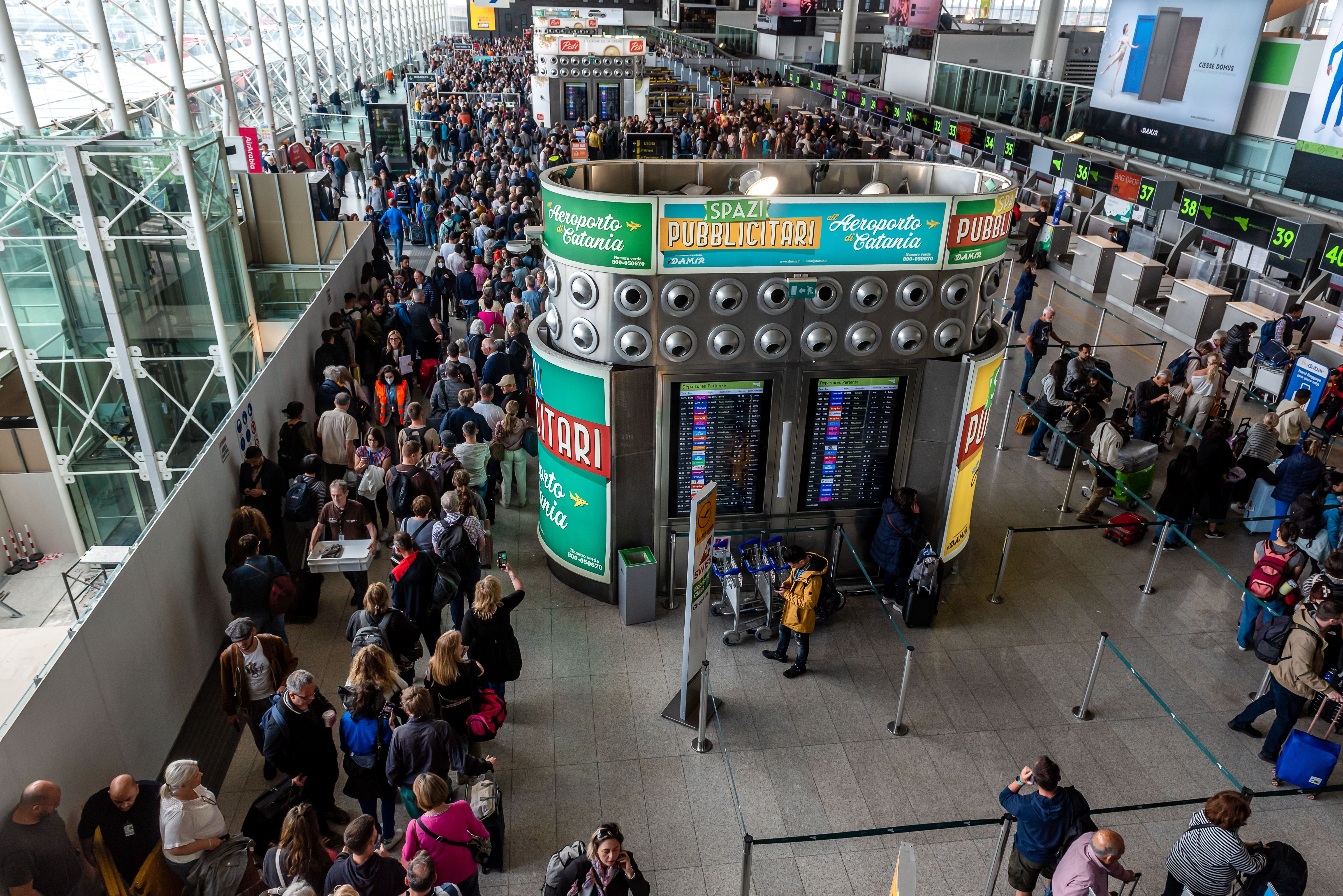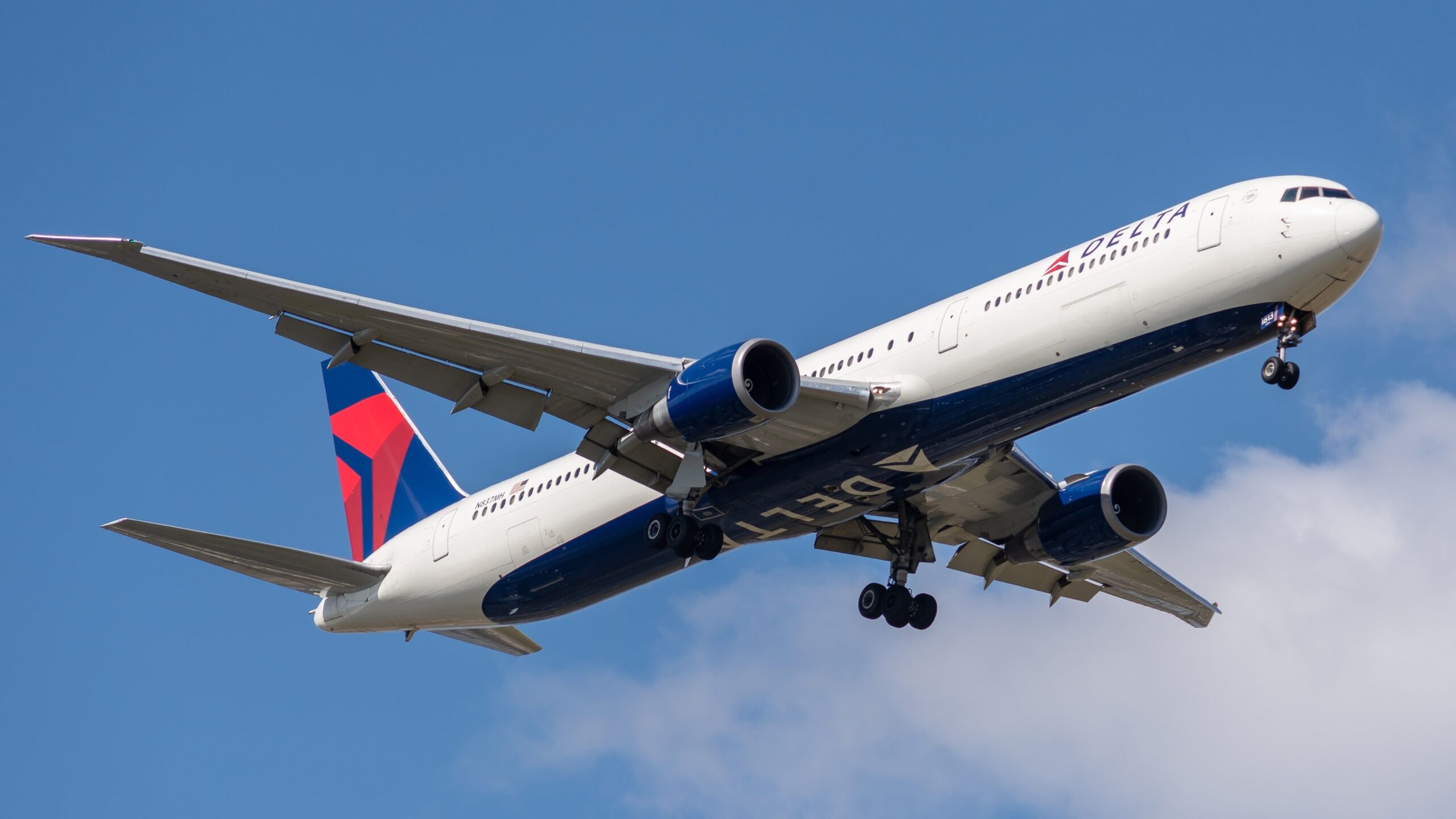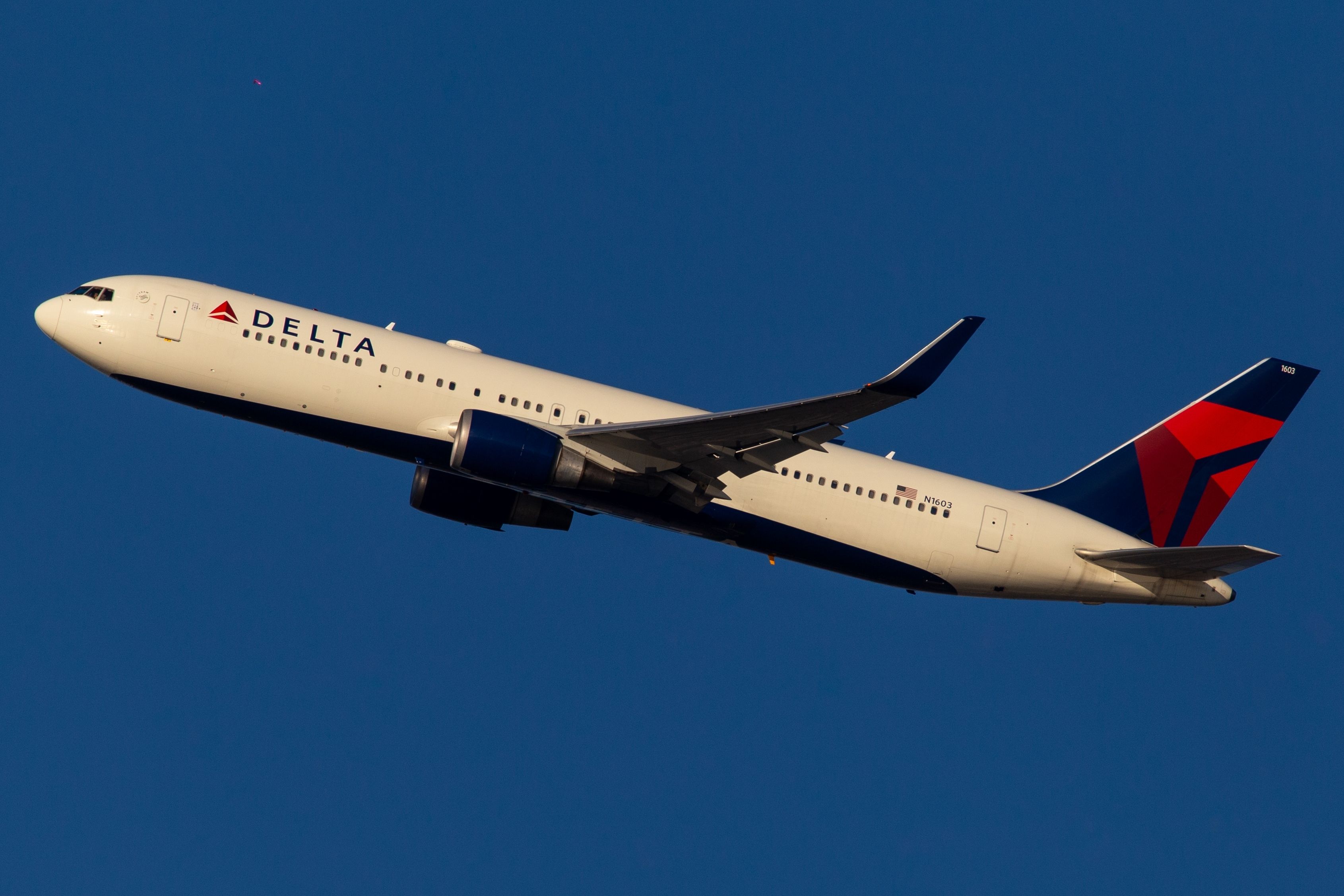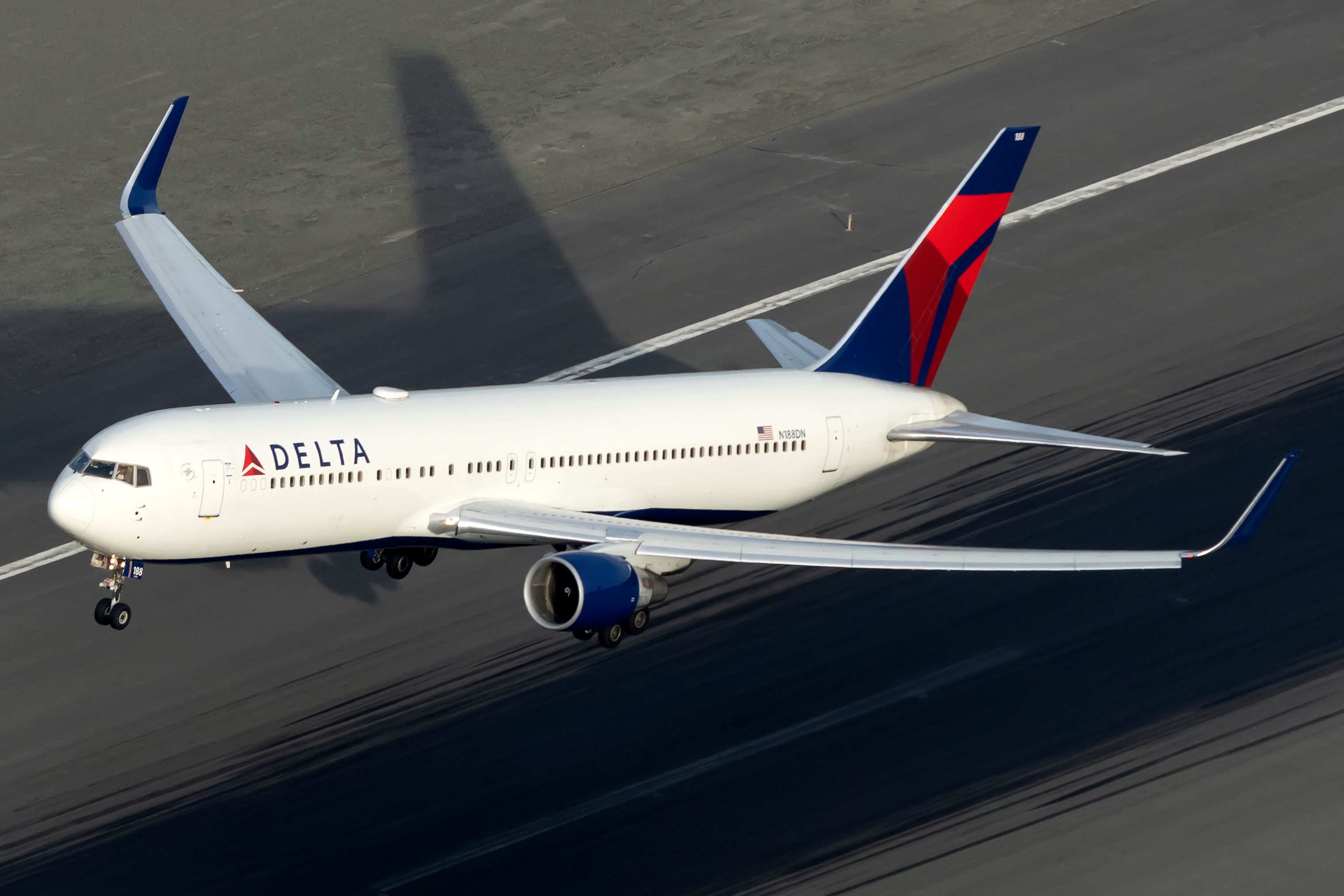Summary
- Delta Flight 23 diverted to London Heathrow due to ill cabin crew.
- Passengers reached Detroit seven hours and 43 minutes late; compensation being determined.
- UK courts may not require compensation for passengers in this case due to crew illness during flight.
On June 28th, Delta Air Lines Flight 23, which flies from Munich International Airport (MUC) to Detroit Metropolitan Wayne County Airport (DTW) thrice a week, had to divert to London Heathrow International Airport (LHR) after the cabin crew fell ill.
Diversion due to illness
According to a statement by Delta spokesperson Anthony Black to CBS News, the flight was diverted because several flight attendants fell ill during the three-hour and 37-minute flight.
The aircraft safely landed at LHR, and medical personnel checked six flight attendants out and tried to diagnose the illness and find its source. Luckily, none of the 229 passengers onboard the flight experienced the same symptoms or sickness.
However, the passengers would have to endure a roundabout trip to their destination. The aircraft departed roughly one hour after it landed in LHR at 16:44 local time. The flight detoured to Boston International Airport (BOS), where a replacement crew was waiting. From Boston, the aircraft headed to its final destination and landed in DTW at 22:53 local time, seven hours and 43 minutes late.
Black also mentioned that the passengers would be compensated due to the extensive delay and that the airline was determining how to do so.
Happy ending?
Flight 23 is an excellent example of how an airline works to correct issues. Although the passengers were significantly delayed, they reached their destination safely and without being stranded. Kudos to Delta for solving the problem and attempting to compensate passengers.
Photo: Wenjie Zheng | Shutterstock
According to UK law firm Bott and Co, Passengers can try to claim compensation for flight cancellations and delays caused by crew sickness. However, the claim would need to be taken to court. Airlines often argue that staff illness is an extraordinary circumstance.
UK courts have often upheld that delays due to crew illness are only extraordinary if the crew member fell ill during the flight, which is the case here. As a result, passengers will only be compensated if Delta wants to, and in this case, they don’t have to.
We won’t know the outcome of the determination until Delta puts out another statement regarding the flight. Simple Flying has reached out to Delta for a statement regarding the compensation structure and the condition of the six flight attendants.
Diversions
The economics of a diversion
Airlines operate on tight schedules with short turnaround times for aircraft. As a result of the diversion and delay, the airline has to scramble to find a crew willing to fly, which they do by having staff on standby. In addition, to prevent a domino effect, it has to find another aircraft to fly the subsequent flights affected by the diversion.
Photo: Vincenzo Pace | Simple Flying
Diversions cost time, fuel, and other expenses, in addition to the compensation the airline has to pay for passengers. As a result, it is a last resort for many operators.
Who makes the decision?
While the airline has to bear the cost and worry about the bottom line, the decision to divert is made by the captain of the aircraft. They are the final authority onboard, and the buck stops with them.

Related
EU261 – How Does Europe’s Flight Compensation Scheme Work?
The Air Passengers Rights Regulation 2004 safeguards consumer rights after delays and cancelations.



